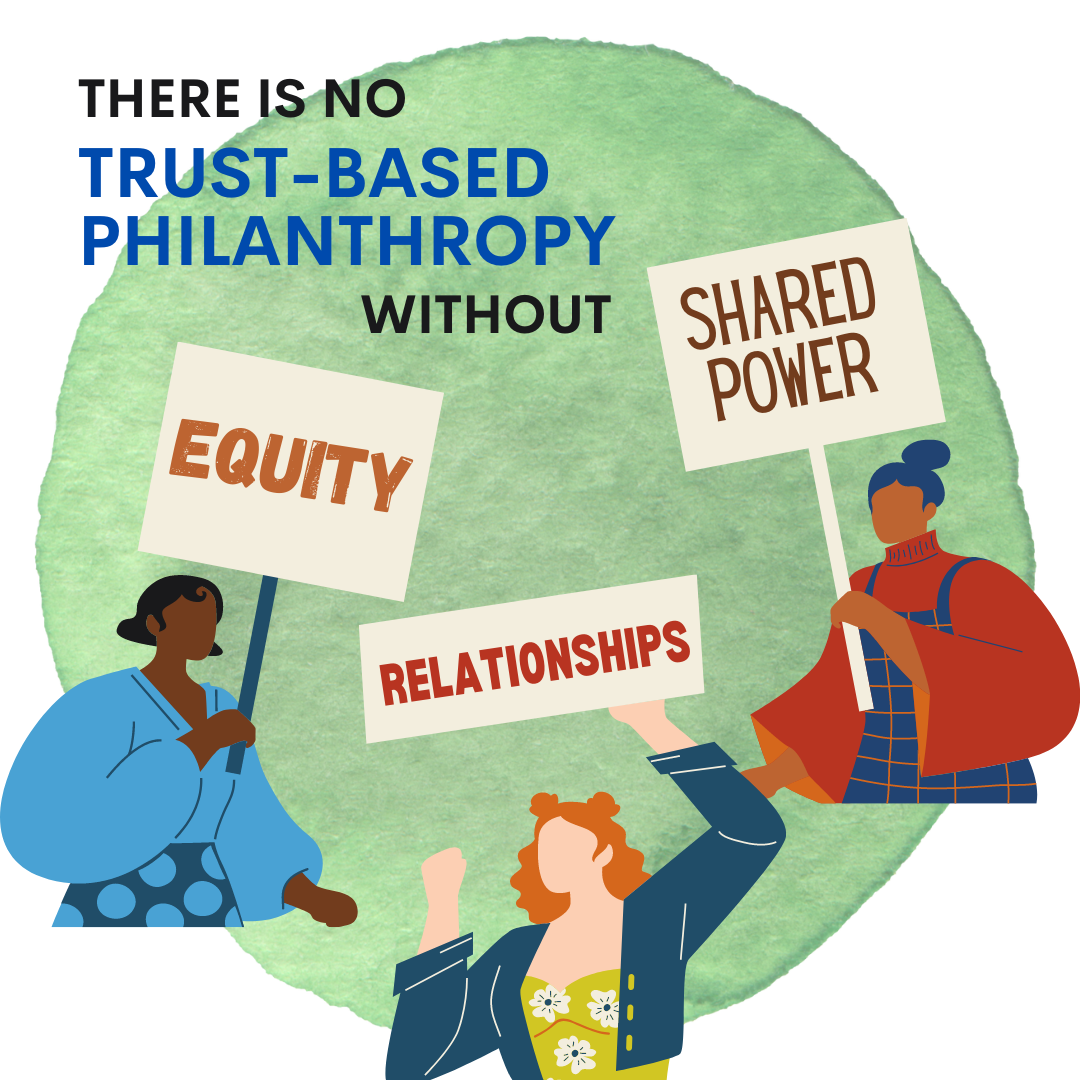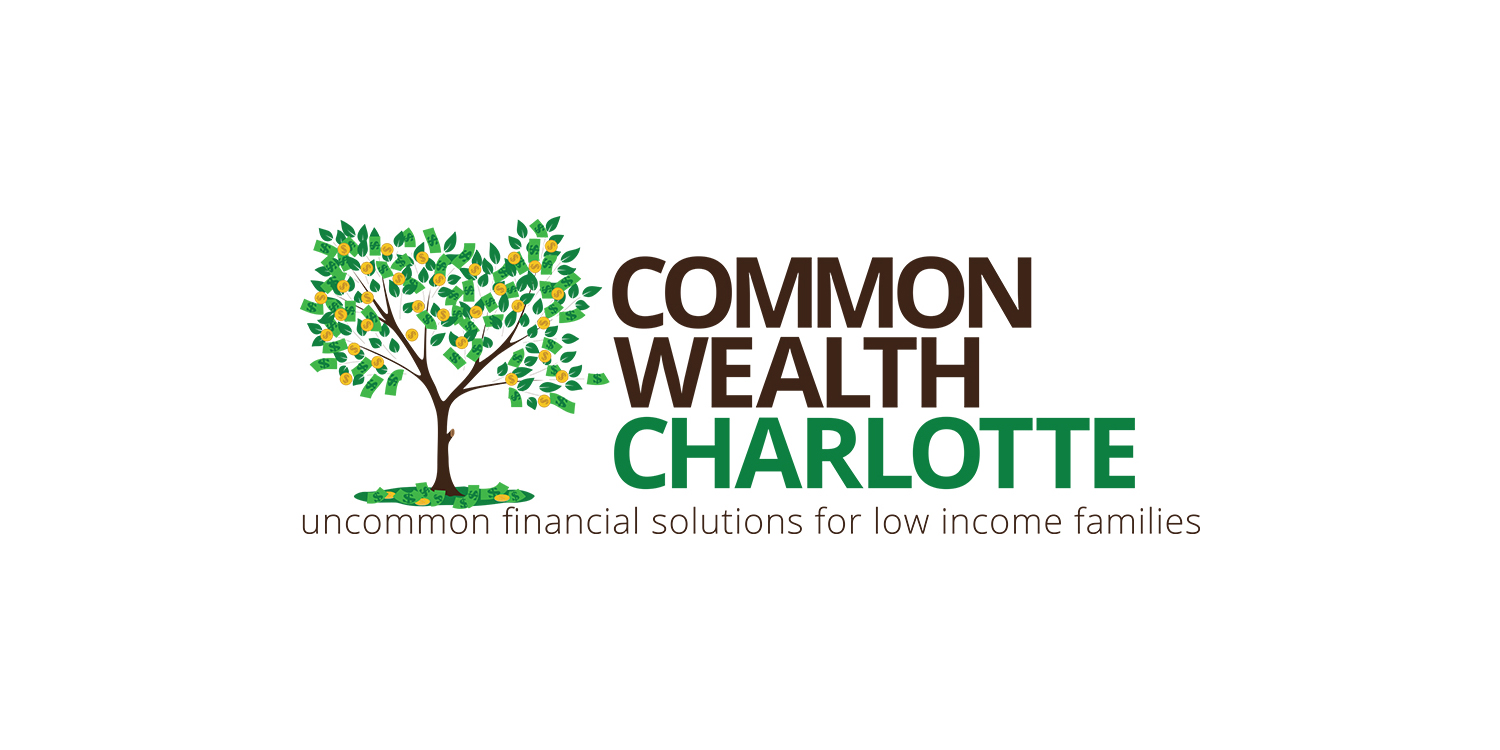
A new movement is gaining ground in the philanthropic world. It’s called Trust-Based Philanthropy (TBP), and the intent is to address the inherent power imbalances between foundations and nonprofits. At its core, TBP calls for shifting to an approach in which funders approach their grantee relationships from a place of trust, humility, and transparency.
Molly Shaw, a Women’s Impact Fund member and consultant to Foundation For The Carolinas on this topic shared, “Trust-based philanthropy is compelling for many reasons: It is grounded in equity and justice; it values the expertise and knowledge of those who live inside marginalized communities; it prioritizes relationships and building trust between funders, non-profits, and communities; and it empowers funders to more fully understand root problems and potential solutions. I believe trust-based funding has the potential to be the most impactful philanthropic resource for ensuring equitable, sustainable social change.”
In practice, TBP is based on six key principles: giving multi-year, unrestricted funding; doing the homework (essentially, putting the onus of due diligence on the Grantmaker); simplifying and streamlining paperwork; being transparent and responsive; soliciting and acting on feedback; and, finally, offering support beyond the check. The overarching goal is to give more flexibility to grantees and reframe the power dynamic in philanthropy.
 The term “Trust-Based Philanthropy” was coined in 2014 by the Whitman Foundation, but it was formalized in January 2020 when that group, along with the Headwaters Foundation and the Robert Sterling Clark Foundation, launched the Trust-Based Philanthropy Project, a five-year, peer-to-peer funder initiative. The project grew out of resounding feedback from multi-year grantee partners that what they most valued was feeling trusted by their funders, says Shaady Salehi, the project’s director.
The term “Trust-Based Philanthropy” was coined in 2014 by the Whitman Foundation, but it was formalized in January 2020 when that group, along with the Headwaters Foundation and the Robert Sterling Clark Foundation, launched the Trust-Based Philanthropy Project, a five-year, peer-to-peer funder initiative. The project grew out of resounding feedback from multi-year grantee partners that what they most valued was feeling trusted by their funders, says Shaady Salehi, the project’s director.
A month after the Trust-Based Philanthropy Project launched, COVID arrived on the scene. “COVID pushed the conversation further than we ever imagined for our first year,” Salehi says. “It was a strange silver lining in the midst of a crazy and chaotic time. It was a wake-up call to the sector. Almost overnight, it prompted foundations to realize that we can’t set fixed guardrails and expectations on social sector work because the world is unpredictable.”
Last April, the project launched a peer listserv exchange for funders, and to date, 450 funders have joined. Salehi says it’s important for funders and nonprofits alike to know that the TBP movement is growing and evolving.
Salehi offers some advice for giving circles such as Women’s Impact Fund. “As funders, we need to be aware of blind spots and the assumption of the type of efforts that deserve funding,” she says. “There is inequity in the sector, and there are a dramatic number of organizations that have been consistently overlooked and underfunded,” Salehi says funders should push themselves to think beyond their typical circles and networks. They should also look beyond groups that fit the traditional model and avoid becoming too bogged down by institutional legacy. “Be open to evolving, growing, and shifting the way you do things,” she says. “It’s not failure if you try something and it doesn’t quite work. And be patient. It takes time. Lead with trust—make that your default. Start from there.”






Leave a Reply